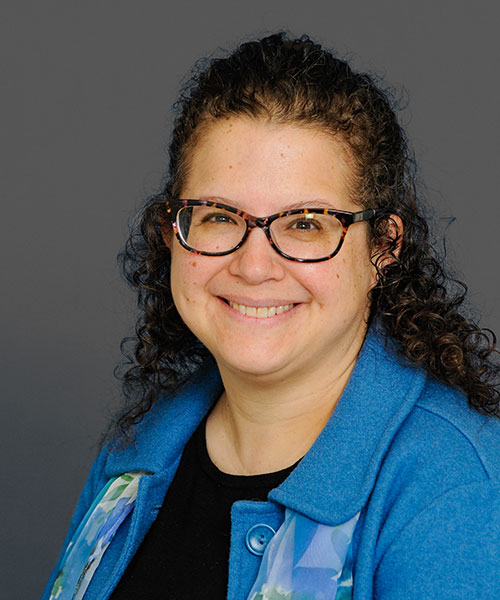
Dr. Stacie I. Ringleb

Dr. Jennifer Kidd
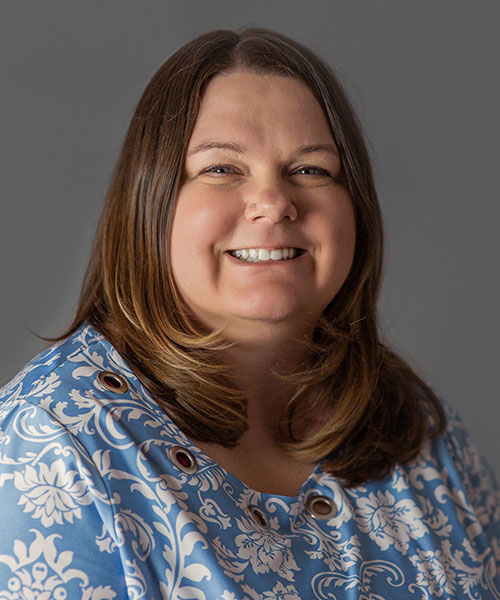
Dr. Kristie S. Gutierrez

Dr. Krishnanand N. Kaipa
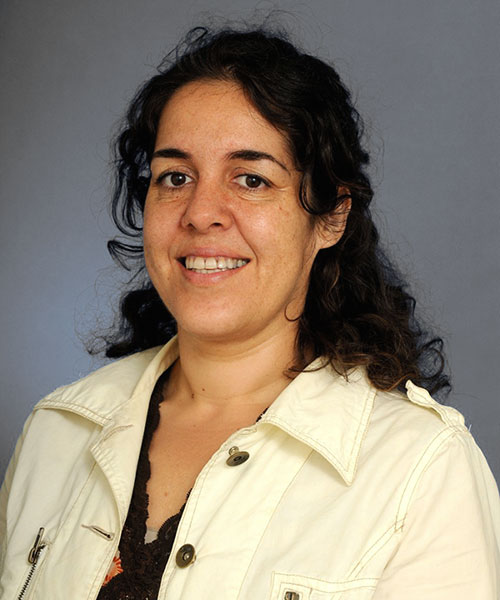
Dr. Pilar Pazos-Lago

Dr. Orlando M. Ayala
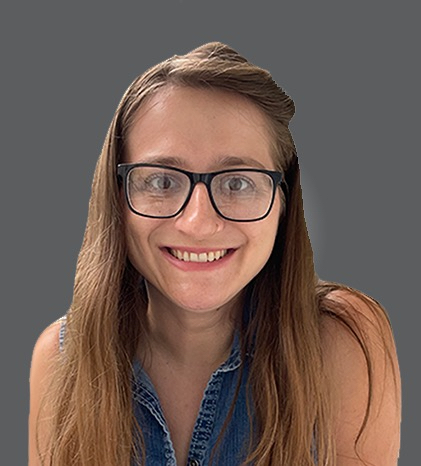
Dr. Danielle Rhemer
Danielle Rhemer is a postdoctoral fellow on the Ed+gineering project at Old Dominion University. She received her BA in Environmental Science from Florida Gulf Coast University, MS in Environmental Education from Florida Atlantic University, and her PhD in Curriculum and Instruction: Science Education from Florida State University. Her areas of expertise are teacher learning, instructional quality, and STEM teacher persistence. Dr. Rhemer’s research agenda is shaped by her desire to strengthen the structures that support STEM teachers to engage their students in equitable and rigorous science instruction.
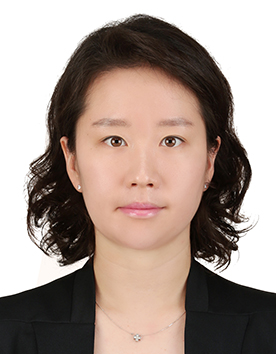
Dr. Min Jung Lee
Min Jung Lee is a former postdoctoral fellow on the Ed+gineering project at Old Dominion University. She finished her undergraduate in South Korea, where she majored in chemistry. She is a certified chemistry teacher in both South Korea and the U.S. She received Masters and Doctorate degree in Science Education from Teachers College, Columbia University. Her research interests include both formal and informal integrated STEM education and teacher education, specific to their knowledge, belief, and self-efficacy.
